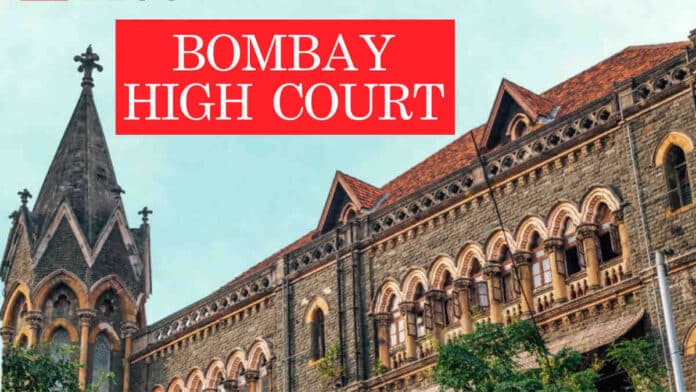The Bombay High Court has sought the assistance of the Central and Maharashtra governments to decide which proceedings are to be video recorded under the Scheduled Castes and Scheduled Tribes (Prevention of Atrocities) Act.
Section 15A (10) of this Act states that all proceedings relating to offences shall be video recorded.
In August 2019, a single bench of Justice Sadhana Jadhav referred the matter to the division bench for adjudication.
The HC had noted that the Act didn’t mention what is to be considered as proceedings and that the word “proceedings” was not defined.
A division bench of Chief Justice D K Upadhaya and S V Kotwal on October 26 requested the Additional Solicitor General of India and the Advocate General of Maharashtra to address the court on the issue as it raises important questions.
The high court also appointed advocate Mayur Khandeparkar as amicus curiae (to assist the court).
The bench posted the matter for further hearing on December 15.
Also Read
The single bench of Justice Jadhav in its 2019 order had said the issue regarding the implementation of this provision (section 15A-10) of the Act deserves to be referred to a larger bench to decide if proceedings would also amount to judicial proceedings, if it would be necessary to video record all such judicial proceedings even if the same are held in open courts, if hearing on bail pleas was proceedings as contemplated in the Act.
The bench was hearing bail pleas filed by three accused doctors Hema Ahuja, Bhakti Mehare and Ankita Khandelwal accused of abetting the suicide of their junior Dr Payal Tadvi in 2019.
Tadvi, a second-year postgraduate medical student attached to the civic-run BYL Nair hospital in Mumbai, committed suicide on May 22, 2019, in her hostel room after allegedly leaving behind a suicide note blaming the three seniors.
Dr Tadvi’s family had alleged that the trio had harassed and ragged her and had also made casteist slurs against her.
The three accused were arrested and later released on bail.




